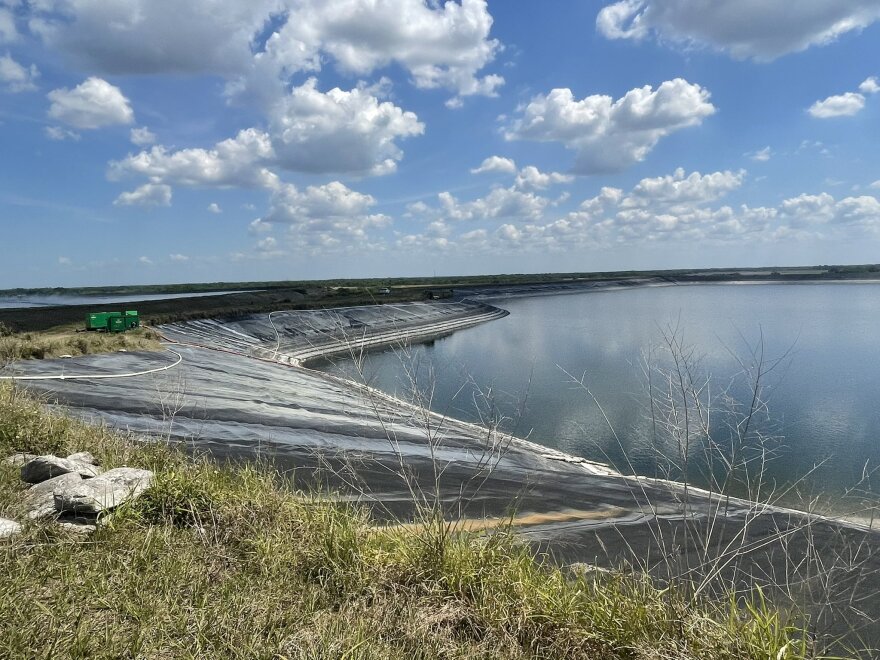-
One of Florida's biggest phosphate mines is reporting a possible tear in the lining that keeps waste from polluting the environment. But officials say the effects are still unknown.
-
Critics say placing the phosphate waste in roadways could put human and environmental health at risk.
-
A milestone was reached Thursday, as one of the wastewater ponds atop the Piney Point phosphate plant was closed. This means the troubled plant is one step closer to being closed - forever.
-
One of the ponds atop the phosphogypsum stack is almost empty of water. That should prevent a repeat of the 2021 release of polluted water into nearby Tampa Bay.
-
Documents shed new light on the Tampa fertilizer giant’s plan to test its phosphate byproduct in road construction.
-
The U.S. Environmental Protection Agency will decide in the next few months if the Mosaic Company can build roads using a radioactive byproduct of phosphate mining.
-
A new law is paving the way for radioactive roads in Florida. But environmentalists say it would affect road construction workers, harm plant and wildlife, and potentially kill precious Florida springs.
-
Conservation groups had urged the governor to veto the bill, saying phosphogypsum would hurt water quality and put road construction crews at a higher risk of cancer.
-
In the approval of the largest sum of money dedicated to the environment in any Florida budget, environmentalists say one key action was missed.
-
The fundraising event was held May 22 at a lofty Bowling Green golf getaway — formerly owned by the Tampa-based fertilizer giant.
-
It’s proof that the plume of dirty water flowed from the former phosphate plant and out into the Gulf of Mexico, the study’s authors say.
-
Billions of dollars’ worth of investment is pouring into microbes, cover crops, and other alternatives.
Play Live Radio
Next Up:
0:00
0:00
Available On Air Stations













